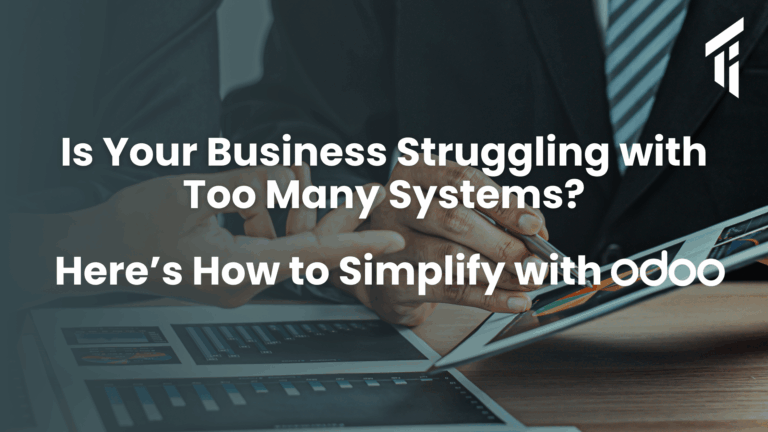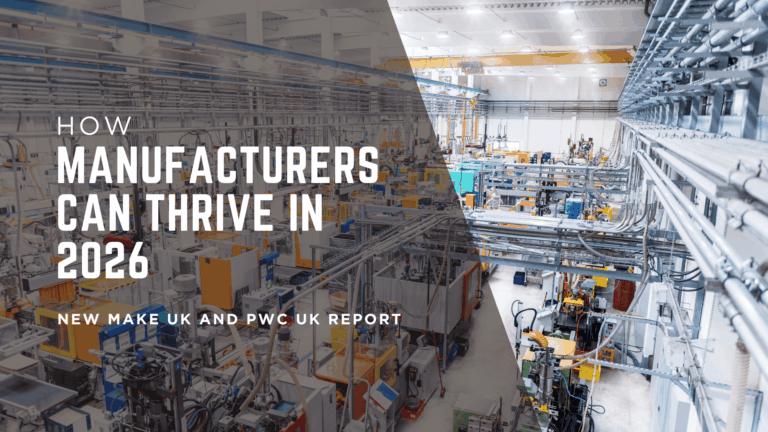Blockchain is a name that has been on everyone’s lips since quite some time now. This information transmission system, in actual, is a transparent and secure technology to store and transmit information, recording all transactions between users beginning from the time it was created. In order to verify the validity of transmitted data, its access is shared among these users.
The technology is renowned for its ability to make asset transfers (shares, currency, etc) and also automatically executes contracts (that smart contracts).
So, mainly, there are two kinds of blockchains: public blockchains (open to one and all), and then private blockchains (to be used by authorized users). Now, as we move forward, let’s understand more about blockchain and its usage.
How do blockchains work?
Basically, blockchains rely on three principles:
Transparency: It allows each one of the users to visualize the transactions recorded on a blockchain from the time it was created.
Decentralization: As blockchains are operating on a network, so they are not centrally controlled by any single entity.
Security: So, the transactions which are carried out on blockchains are encrypted, thus it is pretty impossible to forge data.
It is necessary for the user to enter a key for each transaction, so to record transaction data. Now, this data is encrypted and grouped into “blocks”, and it is then submitted for validation by different network nodes. This step will make it possible to confirm, among the others, the identity of parties and viability of transactions.
Eventually, the record is duplicated on all network servers, so, it gets impossible for anyone to alter blockchains or say the content of a block sans authorization from all the connected computers.
How Blockchain Technology will impact Supply Chain Management Industry?
Blockchain technology enables the users to more securely and transparently track all types of transactions, so one can imagine the possibilities it will present across supply chain. Each time a product changes hands, the transaction could be documented, so this way, it creates a permanent history of products, from manufacture to sale. This dramatically reduces time delays, human errors, and added costs.
A number of supply chains have started the use of technology already, and experts suggest blockchain can become a universal supply chain operating system. Here, we tell you how this technology can improve these tasks:
- It can share information regarding the manufacturing process, delivery, assembly, and maintenance of products with vendors and suppliers.
- It can link physical goods to serial numbers, barcodes, digital tags like RFID, etc.
- It can track purchase orders and also the change orders, receipts, shipment notifications, as well as other trade-related documents.
- It can also assign or verify certifications/certain properties of physical products; such as determining whether a food product is fair trade or organic.
- It can record the quantity and transfer of assets – such as trailers, pallets, containers, etc. – as they move between the supply-chain nodes.
Conclusion: Even though, Blockchains on its own, won’t be able to tackle all challenges of supply chain and logistics, but they will be contributing greatly to secure the transactions, fighting fraud & limiting errors. The formula is yet to reach its full potential, but technical development would be there soon to make its application in supply chain industry a lot easier. Stay tuned for further development.



